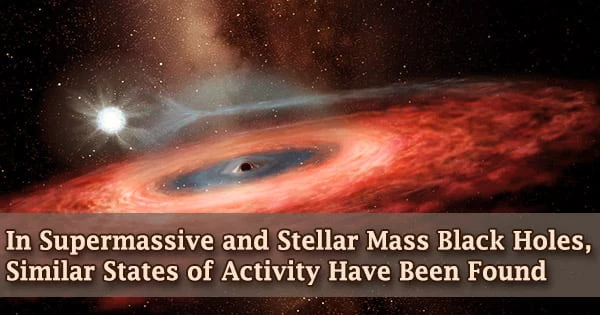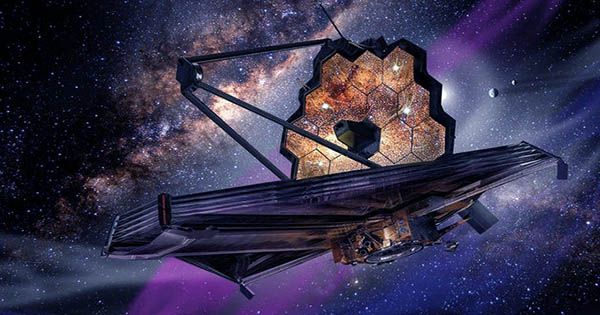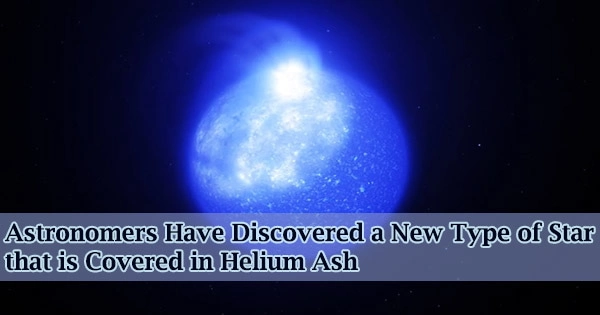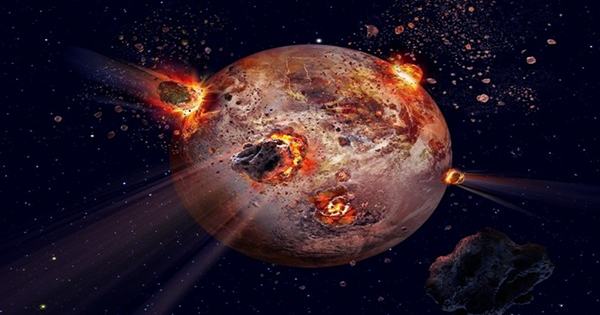PSR B1257+12 c is a super Earth exoplanet that orbits a star of an unknown type. PSR B1257+12 B, also known as Poltergeist, is an extrasolar planet located approximately 2,300 light-years away in the constellation of Virgo. It has a mass of 4.3 Earths, takes 66.5 days to complete one orbit around its star, and is 0.36 AU away from it. It is one of three pulsar planets known to orbit the pulsar PSR B1257+12 and was one of the first planets discovered outside the Solar System. It was discovered in 1992 and was announced at the time.
It is over four times the mass of the Earth and orbits the primary at a distance of 0.36 AU with an orbital period of about 66 days. It and Phobetor were expected to cause measurable perturbations in each other’s orbits because their masses are very similar and they orbit close to each other. The detection of such perturbations proved that the planets were real. It was discovered using the pulsar timing method, which involves measuring the regular pulses of a pulsar to see if there is a planet causing variations in the data. The precise masses and inclinations of the two planets were calculated based on how much the planets perturbed each other.
Characteristics
Mass, radius, and temperature – PSR B1257+12 C is a super-Earth, an exoplanet with a larger radius and mass than Earth. It has a temperature equilibrium of 567 K (294 °C; 561 °F). It has a mass of 3.9 Earth masses and, based on its mass, a radius of 1.5 Earth radiuses.
Orbit – PSR B1257+12 C orbits its host star at a distance of 0.46 AU every 98 days with 520 percent of the Sun’s luminosity (5.2 solar luminosities) (close to the orbital distance of Mercury from the Sun, which is 0.38 AU).
Formation
When scientists discovered PSR B1257+12 C and its neighbors, they were perplexed as to how the planets formed. Planets orbiting a massive star would normally evaporate when their host star exploded in a supernova explosion due to the intense heat (up to 1,000,000 K) and radiation. Planets discovered around a pulsar were unexpected, given that a pulsar could be a host to planetary companions.
Several hypotheses have been proposed to explain how the planets orbiting PSR B1257+12 formed. One theory proposed that the planets existed before the host star exploded in a supernova about 1 billion years ago, but this is inconsistent because the ejected material from a supernova would be sufficient to vaporize any planets close to the star. There are also several issues with this theory, which debates nearly impossible steps on how the planets ended up in their current positions. As a result, the scenario has been abandoned.
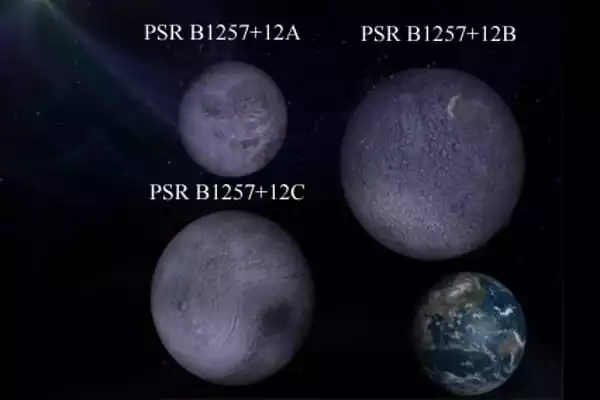
Nomenclature
The letters PSR (Pulsating Source of Radio) were used to designate pulsars, which were then followed by the pulsar’s right ascension and degrees of declination. The older numbers are prefixed with a B in the modern convention, indicating that the coordinates are for the 1950.0 epoch. All new pulsars have a J indicating coordinates in the year 2000.0, as well as declination including minutes. Pulsars discovered before 1993 usually keep their B names rather than using their J names, but all pulsars have a J name that provides more precise coordinates of their location in the sky.
When it was discovered, the planet was given the designation PSR 1257+12 B, and later PSR B1257+12 B. It was discovered before the convention of naming extrasolar planets with the star’s name followed by lower-case Roman letters beginning with “b” was established. However, astronomical databases such as SIMBAD and the Extrasolar Planets Encyclopedia list it under the latter convention. As a result, PSR B1257+12 c was coined.
The International Astronomical Union launched NameExoWorlds in July 2014, a process for naming specific exoplanets and their host stars. The new names were chosen through public nomination and voting. The IAU announced in December 2015 that the winning name for this planet was Poltergeist. The Planetarium Südtirol Alto Adige in Karneid, Italy, submitted the winning name. Poltergeist is a term used to describe supernatural beings that cause physical disturbances. It comes from the German word for “noisy ghost.”

